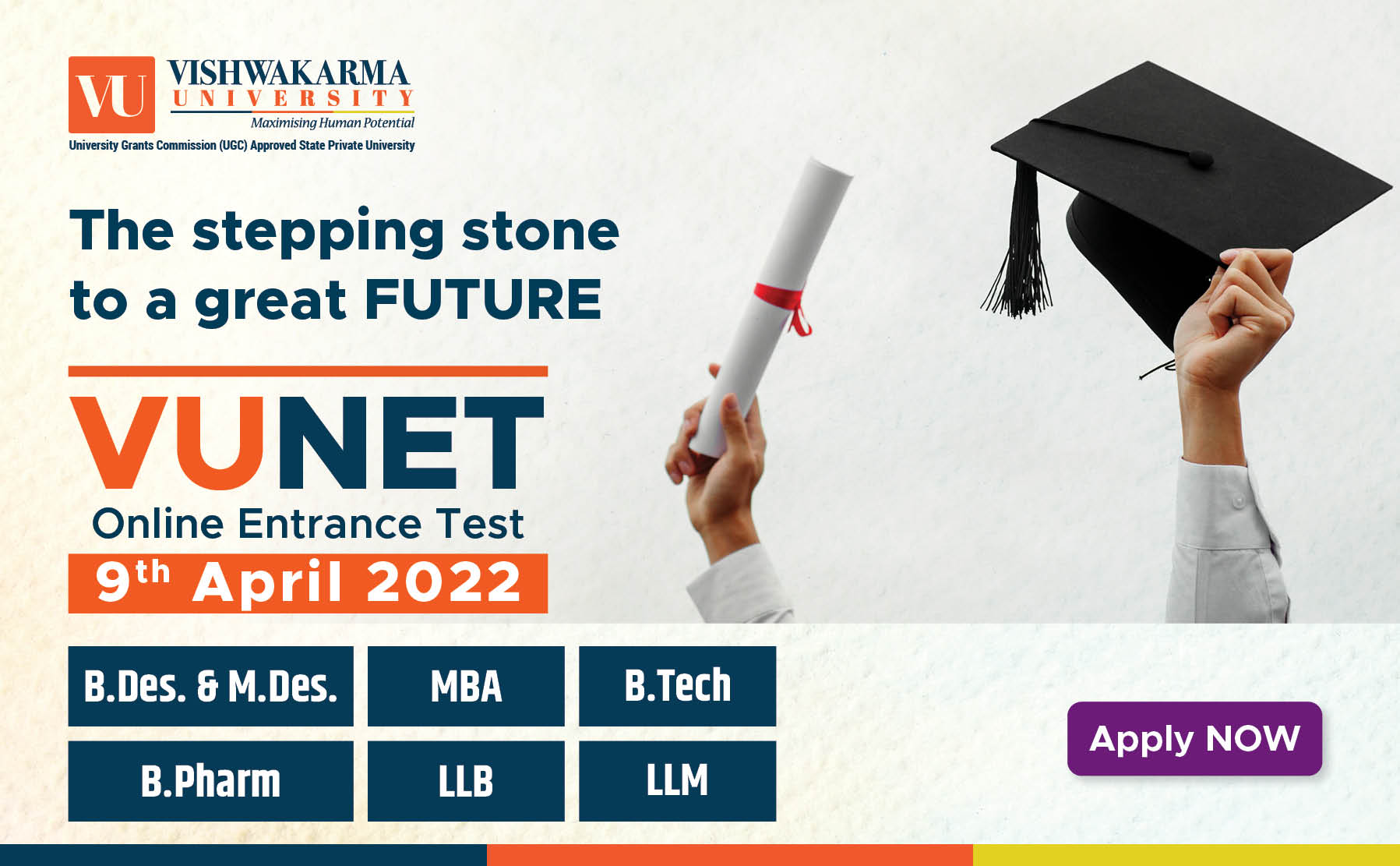Day/Date: 16th July ‘25
Timing: 9:00 a.m. to 3:00 p.m.
Lecture Organized For: Fifth Year Students
For The Subject Of : Elective- V
No. of Participants in the Activity: 11
Visit Organised By: Ar. Anjali Rasane
Objective Of The Workshop:
The primary objective of the workshop To introduce students to the principles, tools, and applications of parametric design in architecture, enabling them to develop the ability to create responsive, data-driven, and computational design solutions through hands-on exercises and digital modeling techniques.
Important Aspects/Points Of The workshop:
Introduction to Parametric Thinking
- Definition and significance in contemporary architecture
- Evolution from traditional to algorithmic design
2. Design Logic and Parameters
- Understanding parameters: variables, rules, constraints
- Relationship between inputs and outputs
- How parameters influence geometry, performance, and aesthetics
3. Software & Tools Overview
- Demonstration of relevant tools (based on audience level):
o Beginner-friendly: SketchUp with parametric plugins, CAD with dynamic blocks
o Intermediate/Advanced: Rhino + Grasshopper, Dynamo for Revit - Hands-on orientation to interface and workflow
4. Hands-on Modeling Sessions
- Step-by-step guided exercises (e.g., responsive ceiling, modular seating)
- Emphasis on form-generation and real-time manipulation of parameters
- Group or individual assignments to explore custom design logic
5. Real-World Applications
- Structural optimization
- Environmental responsiveness (e.g., daylighting, airflow)
- Fabrication and material behavior (e.g., laser-cut patterns, 3D printing)
6. Collaborative Problem Solving
- Group design challenges to promote algorithmic thinking
- Peer reviews and critique sessions to enhance design iteration
7. Integration with Architecture Studio
- How parametric thinking supports concept development, detailing, and documentation
- Bridging digital design with manual prototyping
8. Presentation & Reflection
- Final presentations of workshop outcomes (models, visuals, scripts)
- Discussions on challenges, discoveries, and future potential






